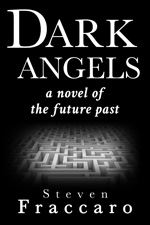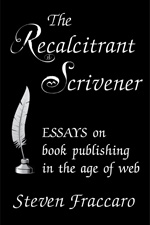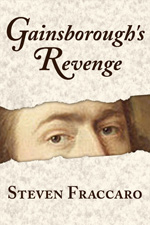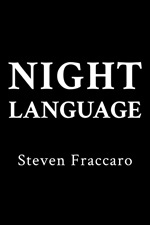Reading The Two Cultures, an essay based on the lecture delivered by C.P. Snow in
1959, I experienced a series of seemingly contradictory reactions. Nevertheless, the initial premise seems
obvious, that science and the humanities involve very different modes of
thought.
Snow’s contention, that Cambridge dons at high table were
habitually contemptuous of their scientific colleagues, rings true—I can
imagine it being particularly true of a certain kind of classics don, for whom
nineteenth century literature was entirely too vulgar, never mind that of the
twentieth century. Snow’s most famous complaint, that his dining companions
weren’t able to explain the Second Law of Thermodynamics and that this form of
scientific illiteracy was akin to not having read a single work of Shakespeare’s,
is fair enough.
The problem is, Snow then goes on to attack Modernist
literature as being antisocial and ultimately misanthropic—he cites Ezra Pound
and Wyndham Lewis, the two most acerbic and extreme proponents of a specific
strain of Modernism. Neither Pound nor Lewis were representative of anything
other than themselves—Lewis went so far as to attack virtually all his
Modernist contemporaries in Time and
Western Man. Pound formed his own problematic and self-defeating case. As
for Snow, he clearly had little feel for poetry or art in any form, whether of
the nineteenth, twentieth, or any other century.
Several years after the Two
Cultures lecture, the crankily self-important literary critic F.R. Leavis
launched a vehement ad hominem attack
on Snow and all he stood for. Much of this makes for hilarious reading. Snow’s
revenge was to cite a particularly grotesque and badly written piece of writing by DH Lawrence, one of Leavis’s literary heroes.
The entire controversy represents the collision of two
distinct forms of intellectual snobbery, not to mention the colossal egos of two self-made men. And yet, the issue
remains: Science or poetry? Technology or
art? Mathematics or verbal reasoning? Data or metaphor?
What does all this have to do with the world we live in now,
more than fifty years later? Everything. The divide between technological and
literary practice hasn’t disappeared. If anything, it’s as immediate an issue
now as it was in 1959. It’s just that technology is now clearly the dominant
force. Literature and the humanities, these are footnotes—except to those of us
who live, eat, and breathe such things.
Then again, how many
of us can explain what happens when we turn on a light switch, never mind the Second Law of Thermodynamics?





